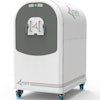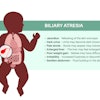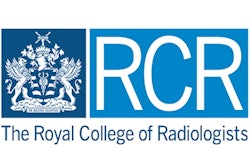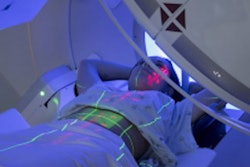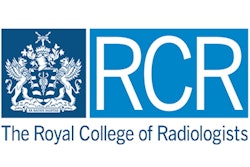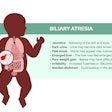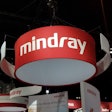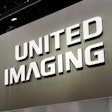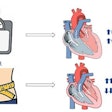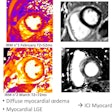In statement posted on its website on 7 November, the U.K. Royal College of Radiologists (RCR) has reinforced that medical organizations led by clinicians can perform better than those that are not, including on measures of patient outcomes. However, disincentives exist when it comes to promoting clinician leadership.
The RCR recommended that the National Health Service (NHS) and government take five steps:
- Publish updates on their progress on the Kark and Messenger Reviews.
- Recognize that clinicians in leadership roles need adequate time in their job plans to carry out their responsibilities.
- Ensure medical leaders have adequate training and competencies.
- Ensure medical leaders have appropriate administrative and financial services support.
- Create an environment where medical leadership is valued and seen as prestigious.
"The NHS has seen significant cuts to its managerial capacity in recent years," the RCR said in its Patient Safety Commissioner (PSC) consultation. "This has left the service under-managed, and as a result, risks may be less likely to be identified and mitigated. Short-term solutions such as cutting non-clinical administrative and managerial staff are not conducive to long-term NHS success -- and may indeed be actively detrimental."
The Health Foundation estimates that by 2040 the number of people in England living with major illness will increase by 37% -- but that the working age population will only increase by 4%, RCR noted in its Comprehensive Spending Consult, adding that the number of diagnosed cases of cancer is also set to increase by 31% over that time.
Toward preparing for greater healthcare demand, the RCR laid out its preferred investments, such as in diagnostics centers and cancer services. Amongst them is supporting the continued rollout of the iRefer Clinical Decision Support (CDS) system, which is now used in 65 NHS England (NHSE) trusts, and its set of evidence-based clinical radiology referral guidelines, according to the RCR.
"Across those trusts who have subsequently adopted iRefer we have seen an average reduction in inappropriate referrals of 10%-15% through changed (6%-8%) and canceled (3%-6%) imaging requests," the RCR said. "This has led to cost avoidance savings of up to £330,000 [$428,149] per year in trusts using the iRefer tool."
iRefer CDS is currently restricted to diagnostic imaging. However, there is the potential to expand the system to cover all diagnostic modalities, such as pathology, lung function testing, audiology, endoscopy, and others, the RCR noted.
Included in the spending consultation, the RCR requested £25 million ($32,434) to fund and fully cover the costs of the first two years (out of 7) of 100 radiology specialty training expansion posts.
"Some of our proposals made it into the subsequent Autumn budget, including investment in radiotherapy machines and investment in digital and technology," the RCR said.
In its third consultation, the RCR commented on the proposal to build an integrated, rules-based medtech pathway that would create a new, overarching process by which medical technologies will be assessed and approved for use in the NHS.
"A major barrier to deploying new medtech solutions in the NHS is the current proliferation of parallel, partially overlapping pathways," stated the RCR. "It can be confusing to both developers and adopters, who do not always know which pathway is most appropriate or efficient." However, the RCR said the current proposal from the National Institute for Health and Care Excellence (NICE) and NHSE is unclear as to whether the proposed pathway would address the issue.
Read each response and proposal, starting here.


